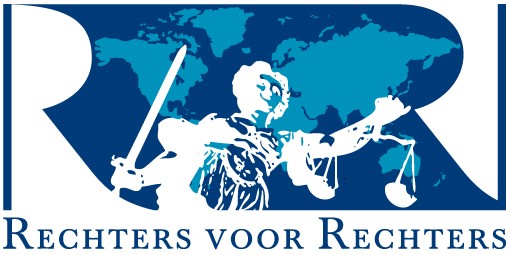
Chief Justice Khil Raj Regmi should not keep his position on the Supreme Court after he was appointed today as the country’s interim prime minister so as to preserve the independence of the judiciary and the rule of law.
“The Supreme Court under the leadership of Chief Justice Khil Raj Regmi, has demonstrated a strong commitment to upholding the rule of law and protecting human rights in Nepal,” said Ben Schonveld, ICJ’s South Asia Director in Kathmandu. “To preserve the Nepali judiciary’s hard-won independence, the Chief Justice should step down from his post as soon as he assumes his position at the top of the Executive Branch.”
The Chief Justice Khil Raj Regmi was appointed as Chairperson of the Council of Ministers – effectively the country’s Prime Minister – today.
The country’s four key political parties agreed on an arrangement whereby Chief Justice Khil Raj Regmi will refrain from participating in his duties as Chief Justice of the Supreme Court while exercising powers of the Prime Minister conferred by the Interim Constitution, in brokering an election of the Constituent Assembly.
After the election is held, the agreement provides that the Chief Justice will resume his power and regular duties as Chief Justice.
In the interim, the senior-most judge of the Supreme Court will act as Chief Justice.
“Appointing the serving Chief Justice to act as Chairperson of the Council of Ministers throws the country into uncharted constitutional waters,” Schonveld added. “This agreement obliterates the line between the executive and the judiciary.”
A petition challenging the constitutional validity of the Agreement is currently before the Supreme Court.
The interim Constitution of Nepal guarantees the independence of the judiciary and the separation of powers.
Article 106 bans sitting and retired judges from assuming any appointment in government service apart from a role in the national human rights commission.
To enable the Chief Justice’s appointment as Prime Minister, the President under the recommendation of the Council of the Ministers amended several provisions of the Interim Constitution, including Article 106.
These amendments were made in contravention of the requirements of the Interim Constitution, which calls for a mandatory two-thirds majority of Parliament.
Under international law and standards, including the United Basic Principles on the Independence of the Judiciary, States are required to ensure an independent judiciary at all times.
Under the Bangalore Principles on Judicial Conduct, judges must be free, and be seen to be free, from inappropriate connections with the executive and legislative branches of government.
The Beijing Statement of Principles on the Independence of the Judiciary stresses the importance of the independence of the judiciary in a free society observing the rule of law.
Judges must uphold the integrity and independence of the Judiciary by avoiding impropriety and the appearance of impropriety in all of their activities.
CONTACTS:
- Ben Schonveld, ICJ South Asia Director, (Kathmandu); t: 977 9804596661; email: ben.schonveld(at)icj.org
- Govinda Bandi Sharma, ICJ Senior Legal Advisor, Nepal (Kathmandu), t: +977 9851061167; email: govinda.sharma(at)icj.org
- Sheila Varadan, ICJ Legal Advisor, South Asia Programme (Bangkok), t: +66 857200723; email: Sheila.varadan(at)icj.org
Source: 14.03.2013 http://www.icj.org/icj-calls-on-nepali-chief-justice-to-step-down-as-judge-after-appointment-as-prime-minister/. Republished with permission.
